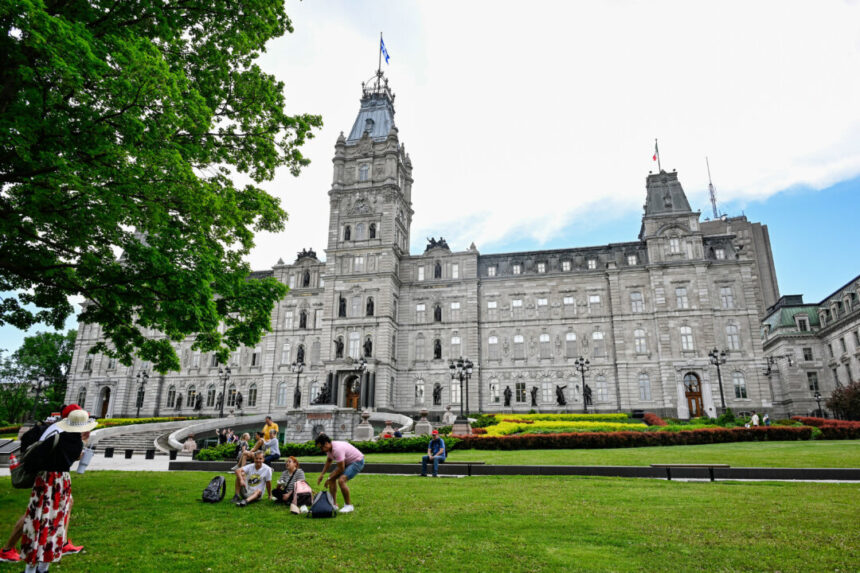Commentary
Blanchet has not embarrassed himself with anything so asinine as that, but his latest policy proposals and his packing them up into a threat against the government do remind us of the redundancy of his political party. The government raised all pensions two years ago, and while it is responsible for completely unacceptable rates of inflation, we cannot justify pouring more gasoline onto the fire of inflation with a premature increase in pensions, especially one inexplicably confined to the youngest pensioners. Blanchet would have been better off proposing a 5 percent increase for all pensioners since it may be fairly assumed that the more elderly the pensioners are, the less able they are to fend for themselves financially.
The supply-managed farm sector is the most egregious instance of protectionism in this country and dooms all of Canada to nonsensically expensive dairy products. This is a subsidy so great that it is routinely mocked by former U.S. President Trump as illustrative of Canada’s extreme trade protection system.
Both these proposals on the part of the Bloc are pre-election vote buying and posturing of the most obvious kind. Even I, well short of being a fleur-de-lys flag-waving Quebec nationalist as I am, would have expected something a little more subtle and ingenious from the Quebec separatists’ agents in Ottawa.
Since these initiatives are not going anywhere, this is a good time to make the point that some kind of showdown is coming with Quebec. It will not be precipitated by separatist MPs in the federal Parliament, but we are finally approaching the time—deferred by the two Quebec sovereignty referendums, and by the patriation of the amendment of the Constitution and the adoption of the Charter of Rights and Freedoms—to determine if this country wishes to be one nation or two.
Most English Canadians have historically felt a greater affinity for the United States than for a Quebec that was constantly agitating over its condition in Canada and threatening to leave Confederation. The rise in violence and corruption in America and the general decline in the quality of its national leadership, as well as Canada’s growth into a population large enough to be relatively self-confident, have somewhat simplified the political scenarios in the event that Quebec asserts its right to secede.
This raises doubts about the nationalists’ ability to secure a victory in a referendum on independence, marking a significant shift from the past 45 years. Instead of progressing towards independence, Quebec continues to discriminate against the English language, even going as far as eliminating its usage in federally chartered corporations such as banks with the support of federal politicians. This unjust treatment is unacceptable.
Furthermore, despite Quebec’s expertise in hydroelectricity, the province promotes ecological views that are nonsensical, including adherence to the outdated Kyoto Accord. Quebec’s resistance to pipelines forces eastern provinces to import oil, despite Canada’s vast potential as a source of oil and natural gas. This shortsightedness is also unacceptable.
John A. Macdonald played a pivotal role in creating a bicultural, parliamentary Confederation that is unique in the world. The core principle of this Confederation is the equal representation of English and French Canadians in matters of significance. Failing to uphold this principle, such as during the imposition of conscription in World War I, has had lasting consequences for political parties.
The time has come for Canada to decide if this Confederation is a permanent arrangement. While English and French Canada could survive independently, it is essential to address this question with rationality and determine the path forward. I am optimistic that a renewed Confederation can be achieved, but it is crucial to address this issue promptly.
Source link








